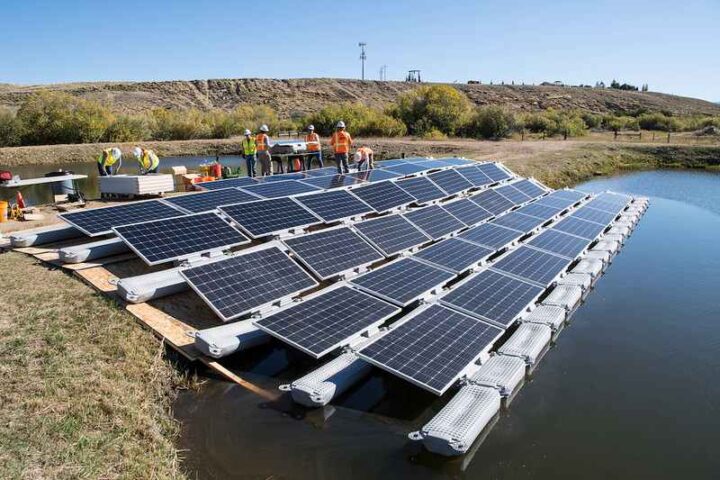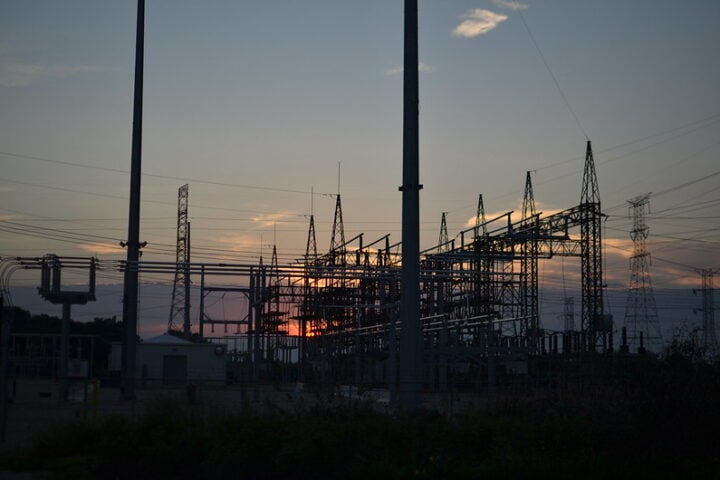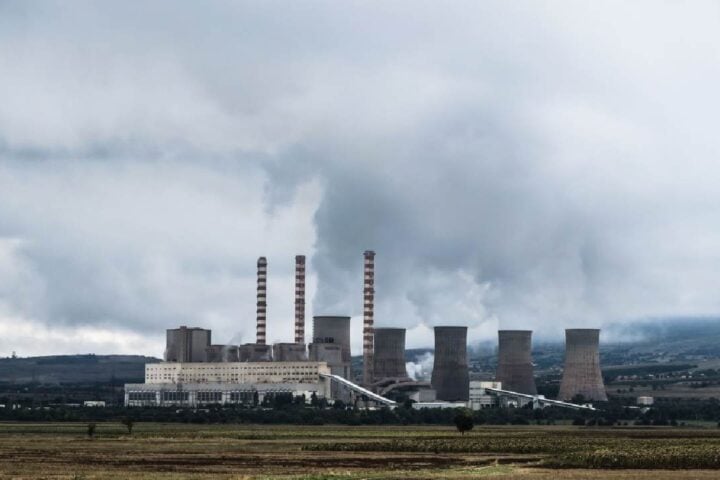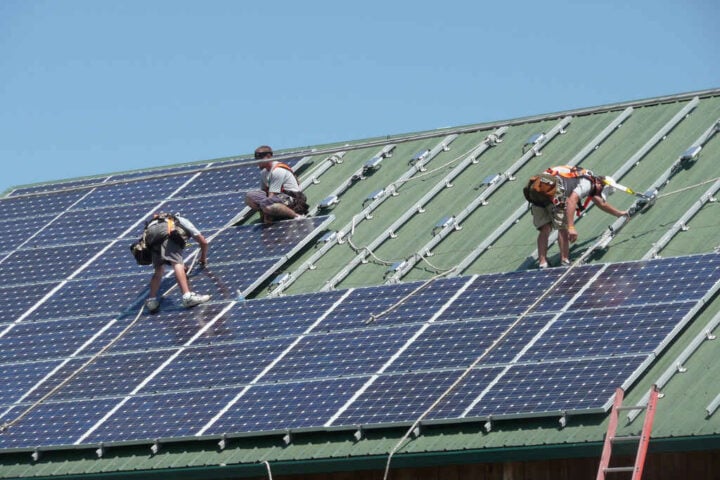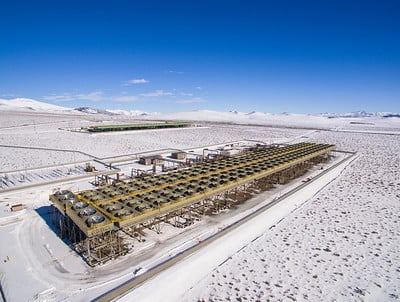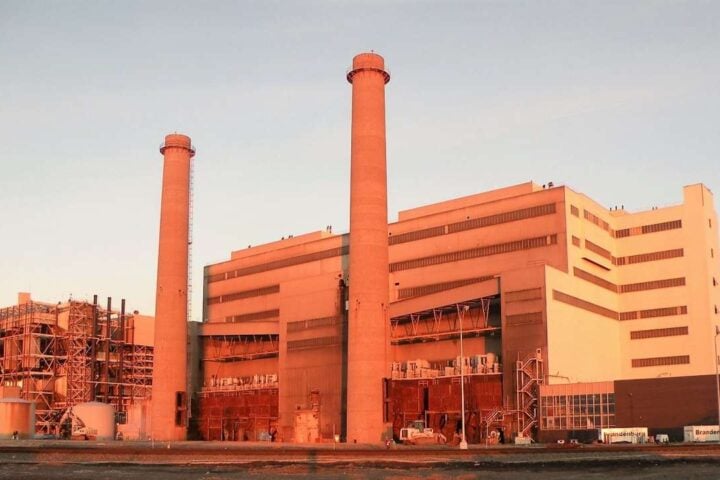The State of Florida government will no longer be required to consider climate change when developing energy policies, according to legislation recently signed by Governor Ron DeSantis, a Republican. The new law considers global warming a minor issue and, among other things, prohibits the installation of offshore wind turbines.
The new legislation, promoted by Governor Ron DeSantis, a Republican, will take effect on July 1. It repeals programs that encourage renewable energy and also eliminates the requirement for state agencies to use climate-friendly products and purchase fuel-efficient vehicles. On the contrary, it promotes the consumption of natural gas and the development of small nuclear power plants.
According to DeSantis on the social media platform X, the new legislation “will keep windmills off our beaches, gas in our tanks, and China out of our state. We’re restoring sanity in our approach to energy and rejecting the agenda of the radical green zealots,” posted the governor, who suspended his presidential campaign in January and now fervently supports Donald Trump.
The reactions from environmental NGOs and ecological organizations have been swift. All of them consider that with this legislation, DeSantis ignores the reality of Florida, one of the states most vulnerable to the costly and deadly effects of climate change. In this regard, they remind that multiple scientific studies have shown that the increase of greenhouse gases in the atmosphere is behind the rise in sea levels, more frequent flooding in the state’s coastal cities, and increasingly extreme weather.
Precisely because of this, the major insurers are withdrawing from the state, making it very difficult for property owners in Florida to find coverage for their assets. When they do find coverage, they are forced to pay some of the highest insurance premiums in the country. The instability in the insurance market threatens Florida’s real estate sector and, by extension, the state’s economy, experts warn.
DeSantis has long been attacking the Biden administration’s climate policies. In a presidential debate last fall, he promised to take “all the Biden regulations, the Green New Deal, ripping it up and throwing it in the trash can where it belongs.” In line with this, last year, he rejected $346 million available in federal funds to help Florida residents make their homes more energy efficient, despite a request from the State Legislature for Florida to accept the money.
Similar Posts
The upcoming law mandates the removal of references to climate change in state legislation. In particular, it bans the installation of offshore wind turbines within state waters, diverging from current alternative energy initiatives. Furthermore, the law relaxes restrictions on natural gas pipelines, potentially speeding up energy projects. However, this loosening raises concerns for its environmental repercussions.
Critics argue that ignoring the scientific consensus on climate change risks exacerbating the environmental problems the state faces. Proponents defend DeSantis’s new energy policy as a means to streamline procedures and foster economic development by minimizing bureaucratic delays and promoting industrial activities. They highlight the benefits of greater energy independence and economic resilience, suggesting that Florida’s policy adjustment aligns with national goals of energy production and security.






